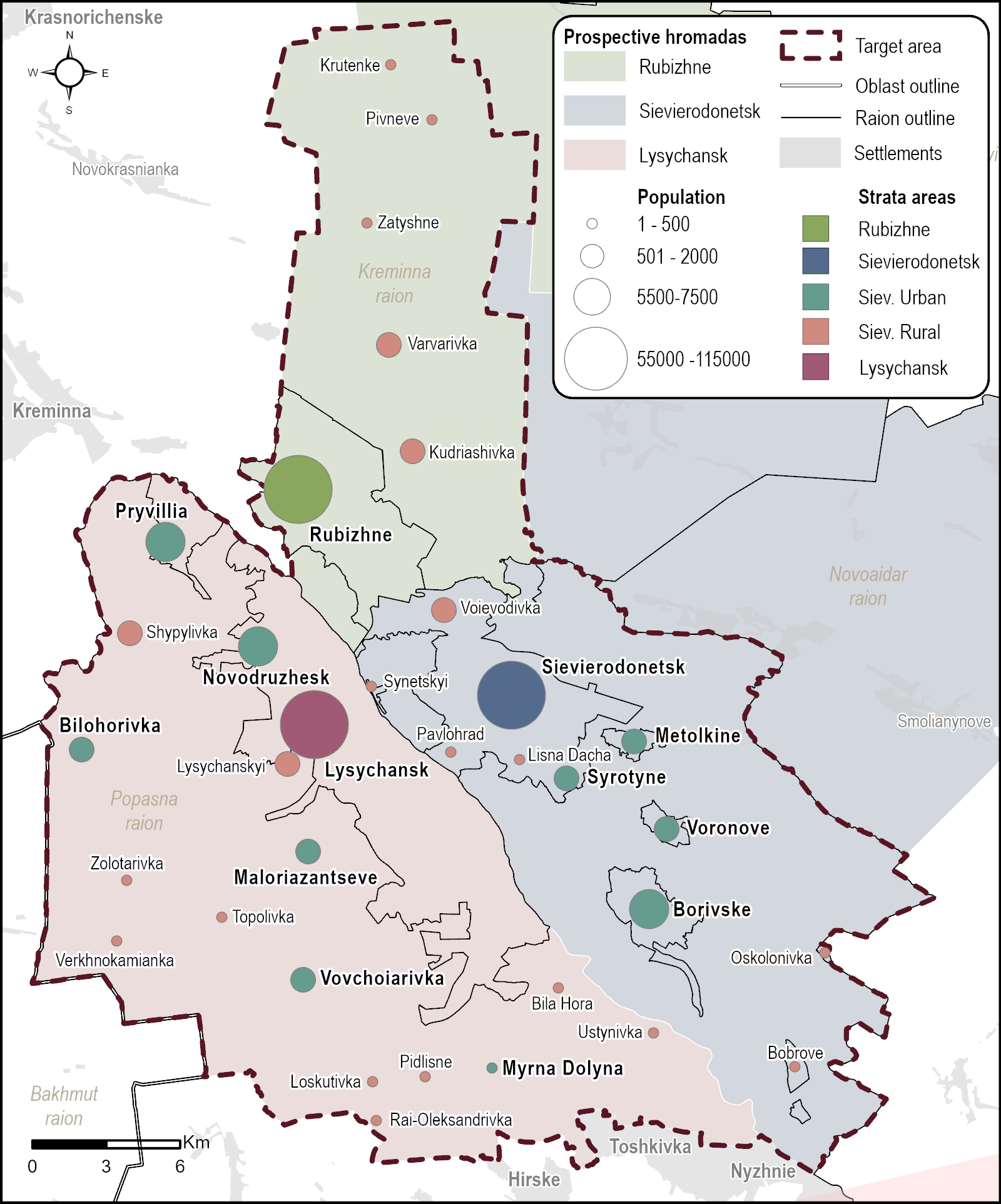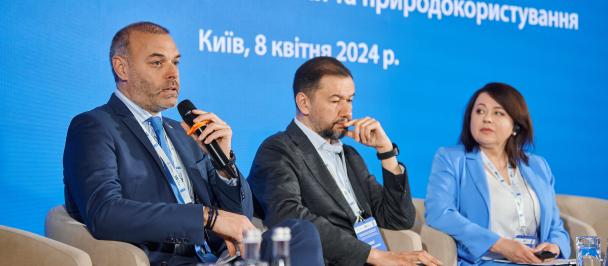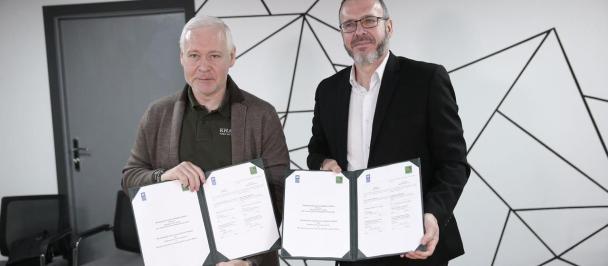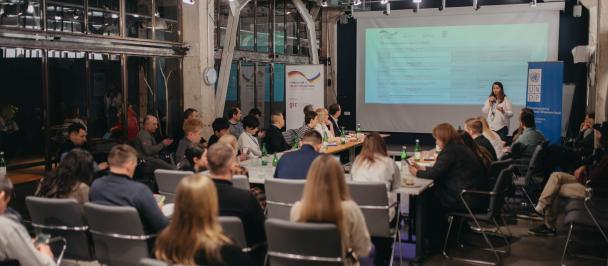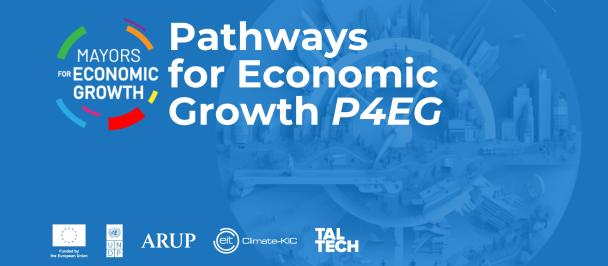Using area-based approaches, data and evidence will inform recovery priorities in conflict-affected Donetsk and Luhansk
Photo credit: Andrii Karpenko / UNDP Ukraine
Authors: Anton Tyshkovskyi, Monitoring & Evaluation and Innovation Specialist, UN RPP; Jeremy Wetterwald, Country Representative, IMPACT Initiatives
Kyiv, 4 September 2020 – As the conflict in eastern Ukraine continues, addressing long-term recovery needs in the government-controlled areas (GCA) of Donetsk and Luhansk oblasts is a priority for regional and national authorities and development actors.
With financial support from the European Union, the United Nations Recovery and Peacebuilding Programme (UN RPP), together with ACTED and IMPACT, is implementing the AGORA initiative to ensure the evidence-based recovery of conflict-affected oblasts using area-based approaches, data, and geospatial analysis.
To that end, between November 2019 and September 2020 AGORA surveyed 14,907 local residents and 1,073 service providers in eight sectors (education, health, administrative services, social services, finance, employment, emergency services and utilities) about their recovery priorities and needs. By comparing perspectives from service users (residents) and service providers (facilities), AGORA has provided an in-depth and granular picture of how humanitarian and recovery actors can support local capacities to deliver integrated and inclusive services to local populations.
The first major report of this project is the overview of the Sievierodonetsk agglomeration (which includes Sievierodonetsk, Lysychansk, Rubizhne and other neighbouring settlements). The findings highlight the specific priorities of each community and allows comparison between areas to target interventions accordingly.
Map 1. Map of the Sievierodonetsk Agglomeration
For example, the assessment found that there is a substantial aging population among residents of the survey area, which has implications for service delivery planning, e.g. adaptation of equipment and facilities to the needs of people with limited mobility. The most cited concerns by residents were quality of healthcare (55 percent), access to healthcare (36 percent), non-affordability of goods (31 percent) and employment (26 percent).
Map 2. Network Map of Where Residents Work
Linking the research to peacebuilding opportunities 64 percent of key informants from the justice sector and 53 percent from social services reported supplying services to NGCA residents. The facility level data collection method enables recovery actors to strengthen the abilities of these services. Finally, from an environmental perspective, residents expressed concerns about air and water pollution, illegal landfills, deforestation, and waste production.
In the next phase of this project, the findings will be widely disseminated among newly formed Amalgamated Territorial Communities (ATC), which will receive the information management, data analysis and geospatial capacities to support the recovery and sustainable development of local territories of Donetsk and Luhansk until March 2022. With elections planned on 25 October 2020, the information will provide local leaders with robust information for evidence-based planning using gender and age disaggregated data.
Background
The present assessment is part of the “EU Support to the East of Ukraine – Recovery, Peacebuilding and Governance” Project, which is implemented by the United Nations Recovery and Peacebuilding Programme (UN RPP).
The UN RPP is being implemented by four United Nations agencies: the United Nations Development Programme (UNDP), the UN Entity for Gender Equality and the Empowerment of Women (UN Women), the United Nations Population Fund (UNFPA) and the Food and Agriculture Organization of the United Nations (FAO).
Thirteen international partners support the Programme: the European Union (EU), the European Investment Bank (EIB), the U.S. Embassy in Ukraine, and the governments of Canada, Denmark, Germany, Japan, the Netherlands, Norway, Poland, Sweden, Switzerland and the UK.
AGORA is an interagency initiative of IMPACT Initiatives and ACTED which promotes the stabilization of fragile crisis-affected areas by strengthening local crisis-response capacities and enabling inclusive recovery efforts. AGORA’s work is structured around two pillars: synergies between local actors and exogenous aid stakeholders, and the use of settlements as the territorial unit for the planning, coordination and provision of aid and basic services.

 Locations
Locations